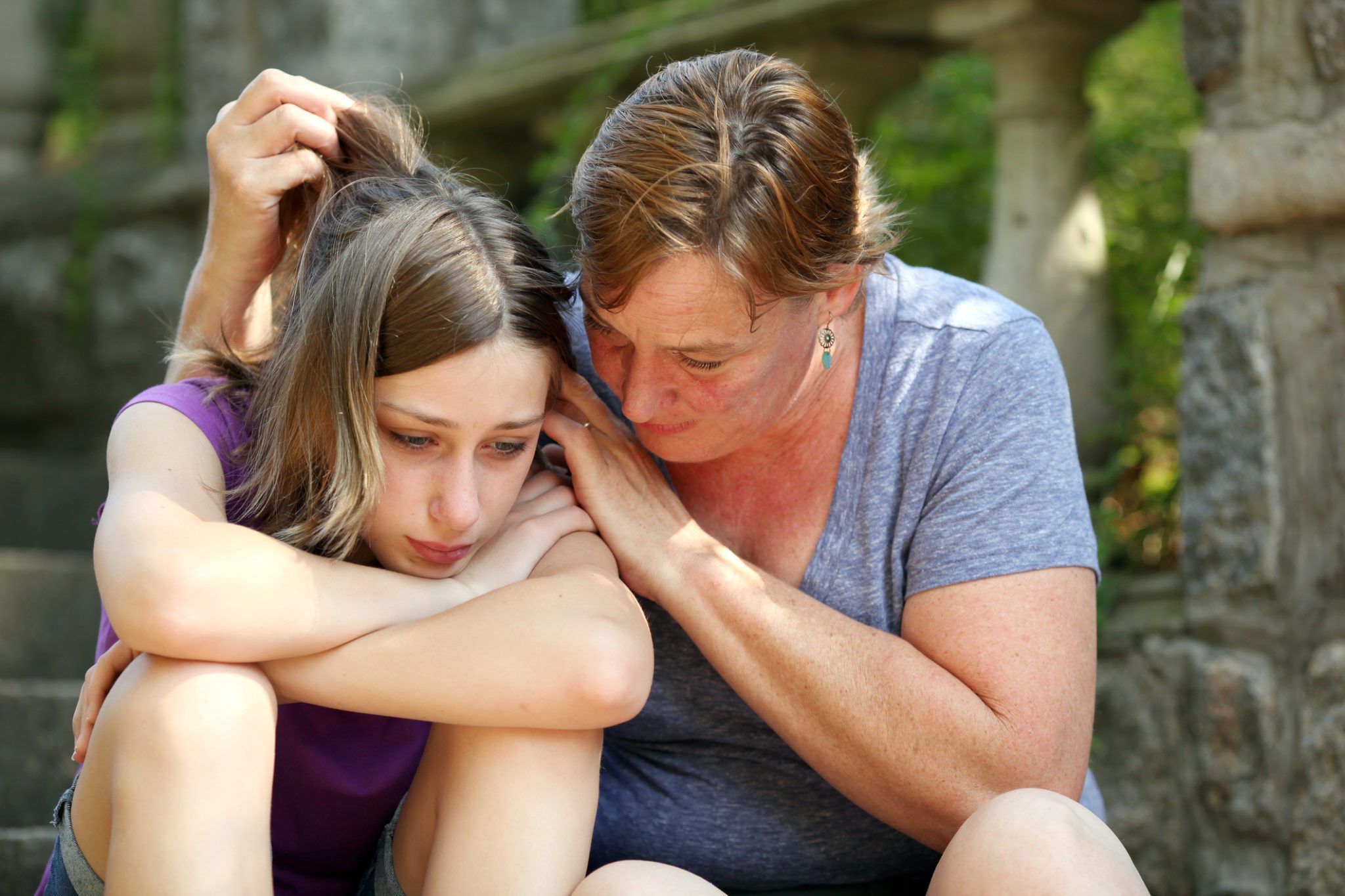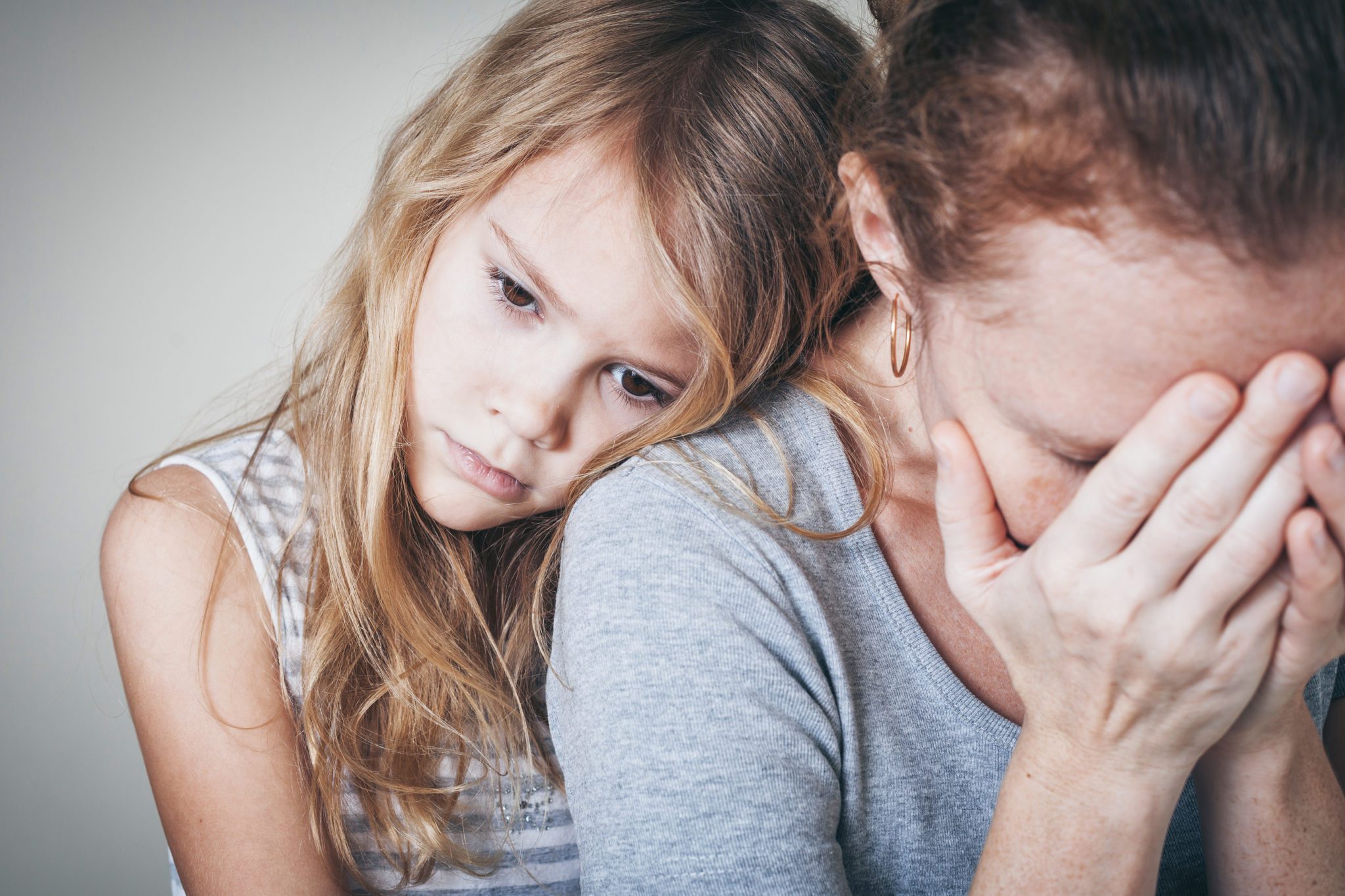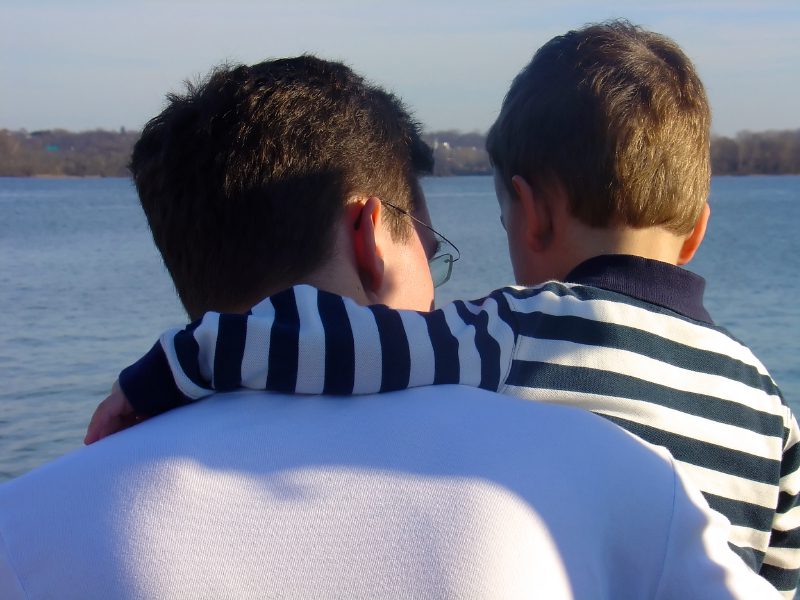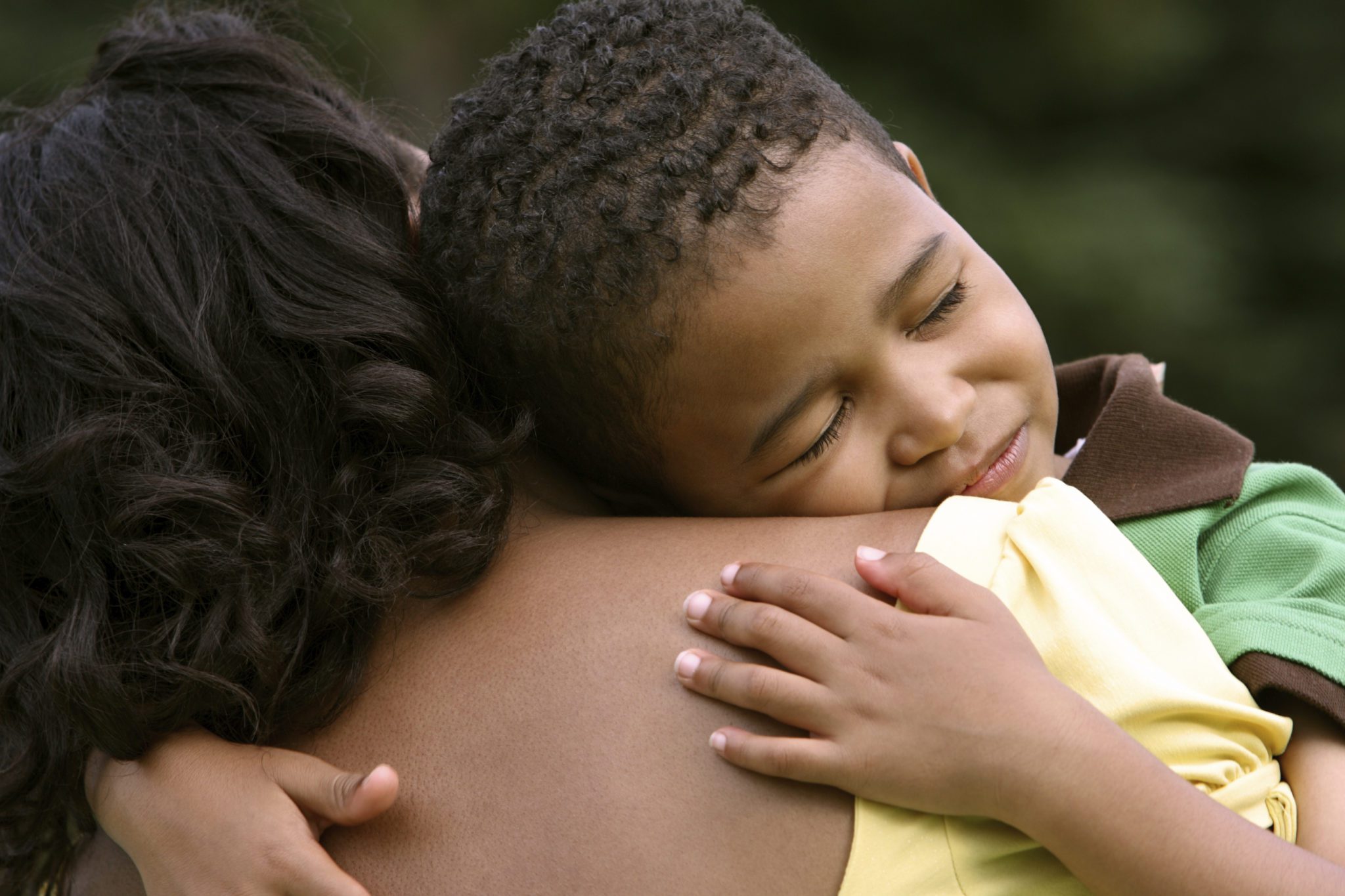Articles containing: family
Listen To Your Kids, But Not Necessarily To Their Music

My first big concert was Foreigner. I can’t recall who opened for them, but I remember that it was loud.
My feet stuck to the half-dried beer that was splashed across the concrete floor of Kemper Arena in Kansas City, Missouri.
An Encounter With The Unknown – From A Mother’s Lens

This blog post is part of a series entitled Real Lives, Real Stories: Personal Experiences With Mental Illness.
Home For The Holidays: Facing Empty Chairs At The Table

Here we are as in olden days,
Happy golden days of yore.
Faithful friends who are dear to us,
Gather near to us once more.
Mending A House Divided: Bringing Peace And Good Will To The Holidays

“A house divided against itself cannot stand.” I believe the government cannot endure permanently half slave and half free. I do not expect the Union to be dissolved — I do not expect the house to fall — but I do expect it will cease to be divided. It will become all one thing or all the other.
Making The Most Of Summer Vacation

Summer vacation might not seem like the most likely topic for a blog that focuses on demystifying psychiatric challenges in kids. Sure, we write about families, children, and parenting, but what in the world could we have to say about that blessed time off that is integral in American tradition?
We might start by asking where it went.
Parents’ Untreated Mental Illnesses Affect Their Children

We wrote earlier this month about the growing acceptance of psychiatric illness among the general population. A number of studies demonstrate that more and more Americans are accepting psychiatric illnesses as equal to other illnesses, and therefore actively seeking treatment.
Talking To Your Child About a Sibling’s Mental Illness

How can you talk to your child about their sibling’s mental illness? Read more from Dr. Susan Swick, below.
It seemed like just another Wednesday evening. After the routine disagreements and struggles over homework, everyone sat down together to eat dinner and talk about their day.
Raising Moral Children: Parental Strategies That Last A Lifetime

Intro music written and performed by Dr. Gene Beresin.
Outro music arranged and performed by Dr. Gene Beresin.
We want our kids to know right from wrong. We want them to care about the welfare of others. We want them to be kind, empathetic, and responsible. We want them to own their actions.
How To Survive The Holidays With Teens

The holiday season is a time that’s supposed to be fun and memorable, but when you have a moody teen in the family, you may find it more memorable than fun—and perhaps not in a good way. Even the best of teens can be less than enthusiastic about spending extended amounts of time with the family.
Putting A Little Thanksgiving Into Your Nightly Family Dinners

Intro and outro written and performed by Dr. Gene Beresin.
When my colleague Kiley told me recently about her Thanksgiving tradition, she gave me some new ideas about family dinners—a subject I think about every night around 7pm, and with every patient I see in family therapy.



